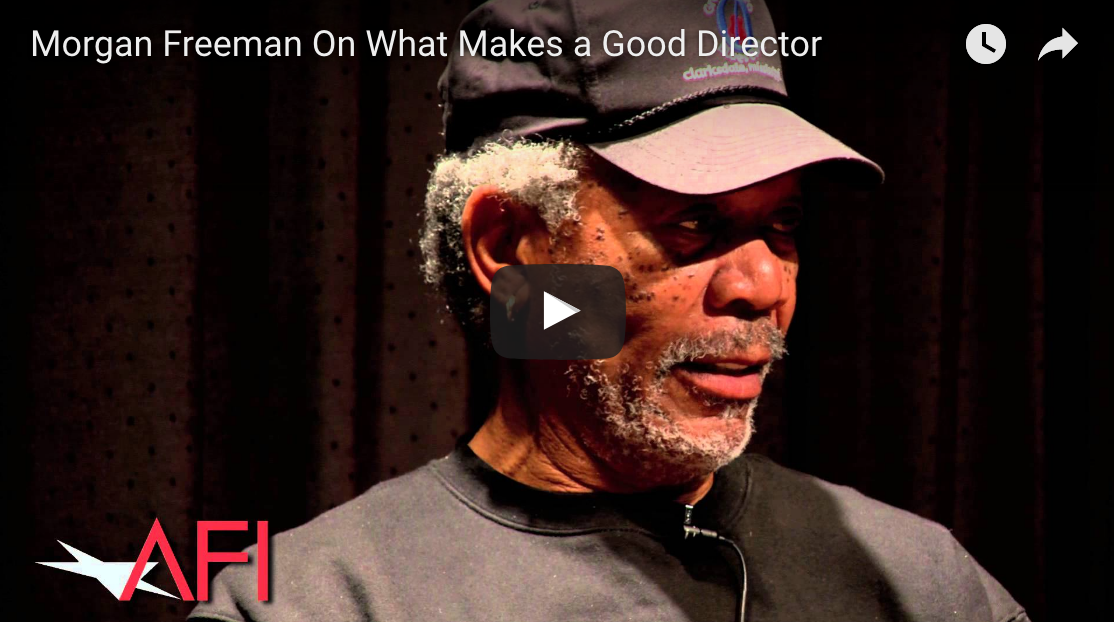
One way of looking at corporate performance is through the lens of the creative arts. For example when asked, what makes a good director, stage and screen icon Morgan Freeman references legendary director Mike Nichols that a good director is “a good casting agent.”
This sensibility has stuck with me as I help organizations make the best choice in their hiring decisions. Your team, whether in the arts or automotive mechanics, will reflect you and your organization’s value proposition and corporate values to your customers. Selecting the talent is job number one.
A few things we can apply and the pitfalls observed in the corporate world
Casting – directors use a casting team to “hire” actors. They look at the immediate need and cast appropriately. Considerations include past experience, apparent skills and opportunity for uncovering talent. The focus is getting the job done now and keeping an eye open for unrealized talent to exploit immediately and/or draw on in future.
Pitfalls –
- Trying to go it alone and hire without support from others.
- Getting dazzled by a star candidate and losing focus on the fit for the job to be done.
- Not assessing leadership skills realistically in drawing out talent thus either missing opportunities to hire potential or over-estimating and hiring candidates that are too inexperienced.
Table Read and Blocking – as soon as the company is assembled, a read though of the script and basic blocking (who moves where and when) takes place. Good directors lead their actors through the steps of what’s expected in a systematic supportive way, providing context, clarity and tools.
Pitfalls –
- Throwing even the most experienced and brightest in the deep end without support will result in delayed success or worse, failure.
- People need time to understand the vision and accumulate the necessary information.
Giving Notes – as the director observes the creative process at work, they provide insights and feedback. Good notes are collaborative, with the ability to go back and forth, ask questions. Giving notes stays focused on the work and the helps the participants connect to the vision.
Pitfalls –
- Once a new hire has had a brief orientation they are ignored and don’t feel connected to the vision.
- By not hearing anything unless something goes colossally wrong or right, the opportunity for incremental improvement is lost.
- Feedback is unhelpful when it gets personal.
Opening Night – the director is not on stage, period. If you have set up your team for success they can do the job without you – and the actors get the applause!
